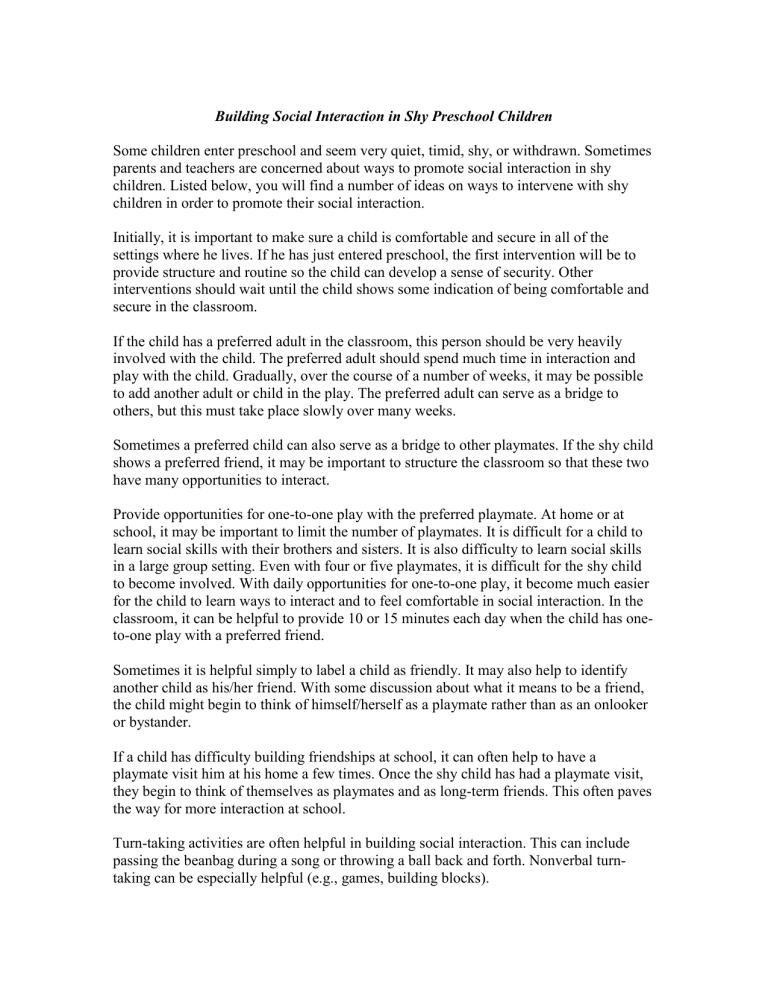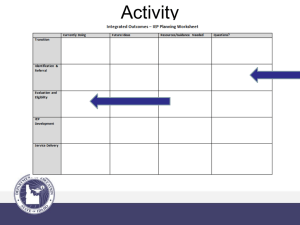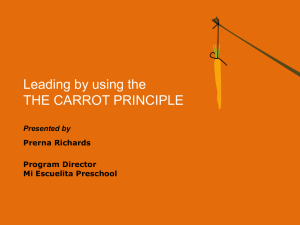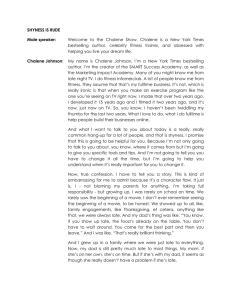Building Social Interaction in Shy Preschool Children

Building Social Interaction in Shy Preschool Children
Some children enter preschool and seem very quiet, timid, shy, or withdrawn. Sometimes parents and teachers are concerned about ways to promote social interaction in shy children. Listed below, you will find a number of ideas on ways to intervene with shy children in order to promote their social interaction.
Initially, it is important to make sure a child is comfortable and secure in all of the settings where he lives. If he has just entered preschool, the first intervention will be to provide structure and routine so the child can develop a sense of security. Other interventions should wait until the child shows some indication of being comfortable and secure in the classroom.
If the child has a preferred adult in the classroom, this person should be very heavily involved with the child. The preferred adult should spend much time in interaction and play with the child. Gradually, over the course of a number of weeks, it may be possible to add another adult or child in the play. The preferred adult can serve as a bridge to others, but this must take place slowly over many weeks.
Sometimes a preferred child can also serve as a bridge to other playmates. If the shy child shows a preferred friend, it may be important to structure the classroom so that these two have many opportunities to interact.
Provide opportunities for one-to-one play with the preferred playmate. At home or at school, it may be important to limit the number of playmates. It is difficult for a child to learn social skills with their brothers and sisters. It is also difficulty to learn social skills in a large group setting. Even with four or five playmates, it is difficult for the shy child to become involved. With daily opportunities for one-to-one play, it become much easier for the child to learn ways to interact and to feel comfortable in social interaction. In the classroom, it can be helpful to provide 10 or 15 minutes each day when the child has oneto-one play with a preferred friend.
Sometimes it is helpful simply to label a child as friendly. It may also help to identify another child as his/her friend. With some discussion about what it means to be a friend, the child might begin to think of himself/herself as a playmate rather than as an onlooker or bystander.
If a child has difficulty building friendships at school, it can often help to have a playmate visit him at his home a few times. Once the shy child has had a playmate visit, they begin to think of themselves as playmates and as long-term friends. This often paves the way for more interaction at school.
Turn-taking activities are often helpful in building social interaction. This can include passing the beanbag during a song or throwing a ball back and forth. Nonverbal turntaking can be especially helpful (e.g., games, building blocks).
Cooperation activities can be beneficial in building social skills as well. There are many books available on cooperative play for young children. Any type of cooperative play can increase social interaction.
It may be important to explicitly teach social interaction skills. Sometimes children need explicit instruction on ways to join a group. Teachers can often give simple instructions on ways to join play. Teachers can offer instruction on other social skills, such as resolving conflict. Social skills must be explicitly taught, modeled, and cued by the teacher. Children must be reminded and encouraged to use new skills. Also they must see adults use these frequently.
It may be important to promote interaction first by focusing on nonverbal interaction.
This can be done by encouraging the shy child to assist another child in moving some larger play equipment or simply handing an object to another child or accepting an object from another child. Any type of interaction will facilitate the process of learning other types of interaction.
Sometimes opportunities for pretend role play can help with social interaction. Parents can assist a child in playing at different types of roles at home. This helps the child develop a better sense of play and role-playing, which is important to interacting with others. At home, you might have the child pretend to be a parent who is fixing a meal and preparing a child for bed. The child can pretend to be a super hero who is helping others.
A variety of different types of role-play can help a child understand and develop social skills.
It is important to be sure that the child has adequate language skills for social interaction.
If you have concerns about language development, talk to the speech-language pathologist at the child’s school or preschool.
It is important to gradually expand the child’s range of social interactions in a nonthreatening manner. Provide support, security, encouragement, opportunities, and skills for interaction but do not require social interaction in any particular setting. Some children will resist when they feel there is high pressure to become socially involved.
Monitor the child’s performance in preschool. Some children make dramatic increases in social interaction after four to six months of preschool. If problems persist after six or seven months, it may be important to consult with the teacher or with a child development specialist.
© Parent-Child Services Group, Inc. 4/99
William Allen, Ph.D., NCSP
Permission to copy for educational purposes only










